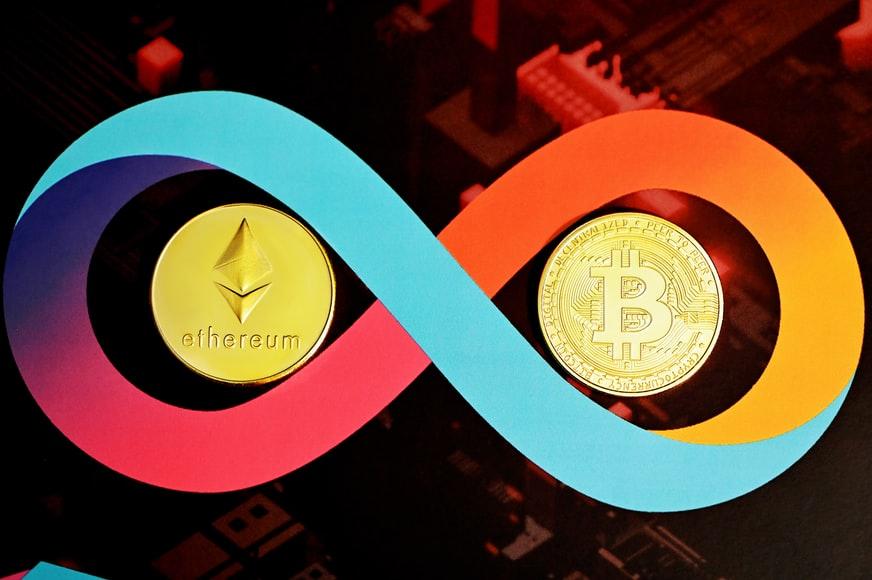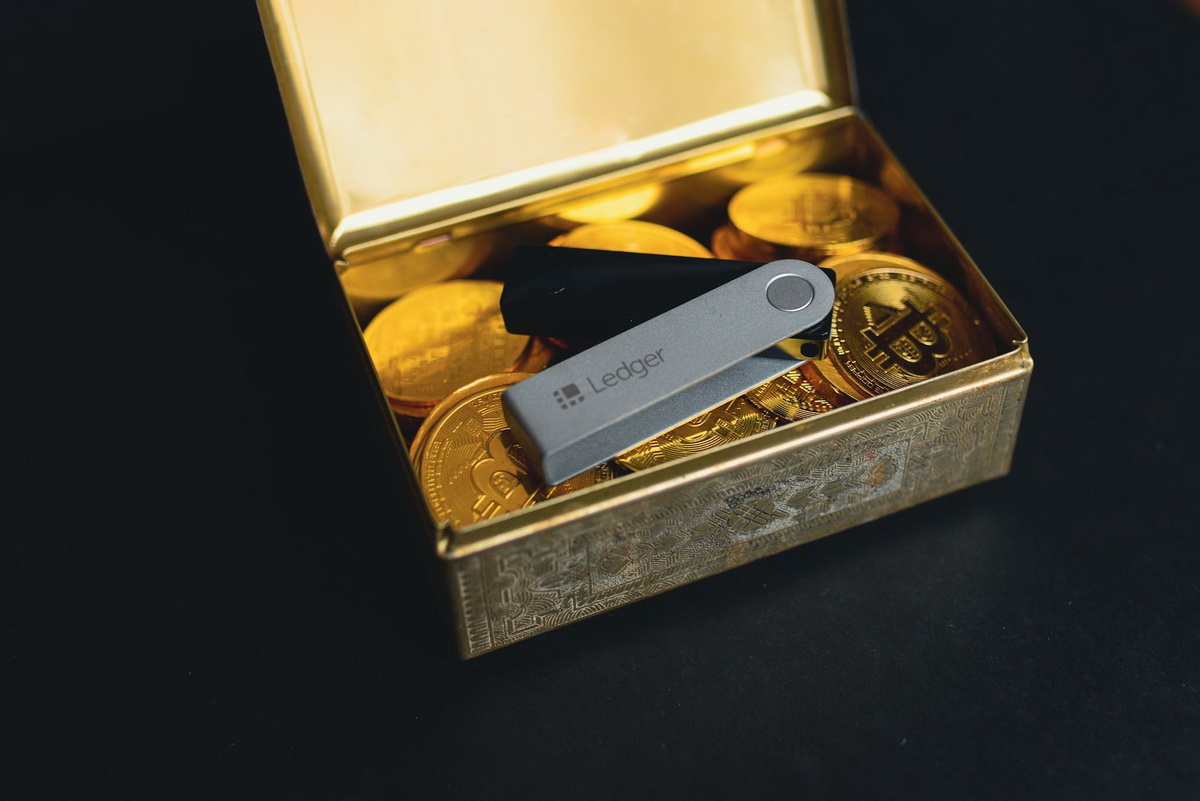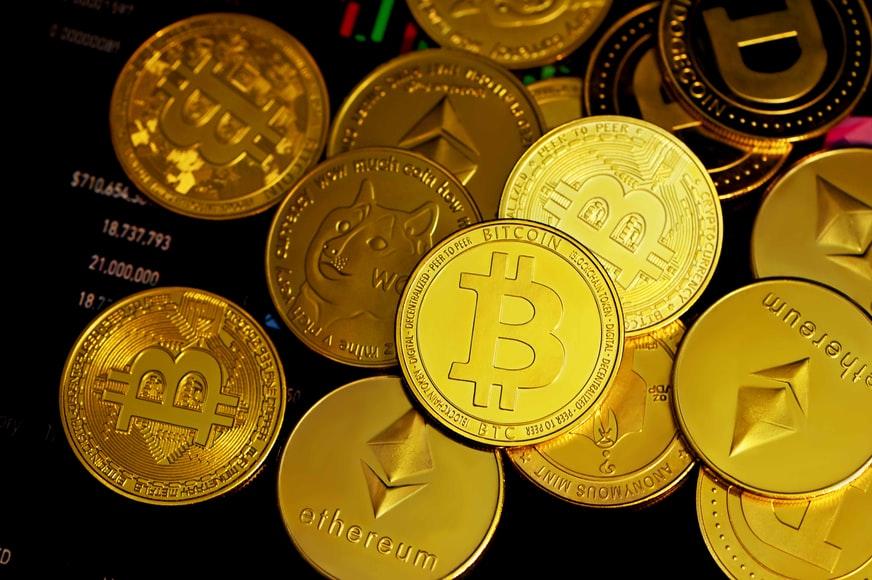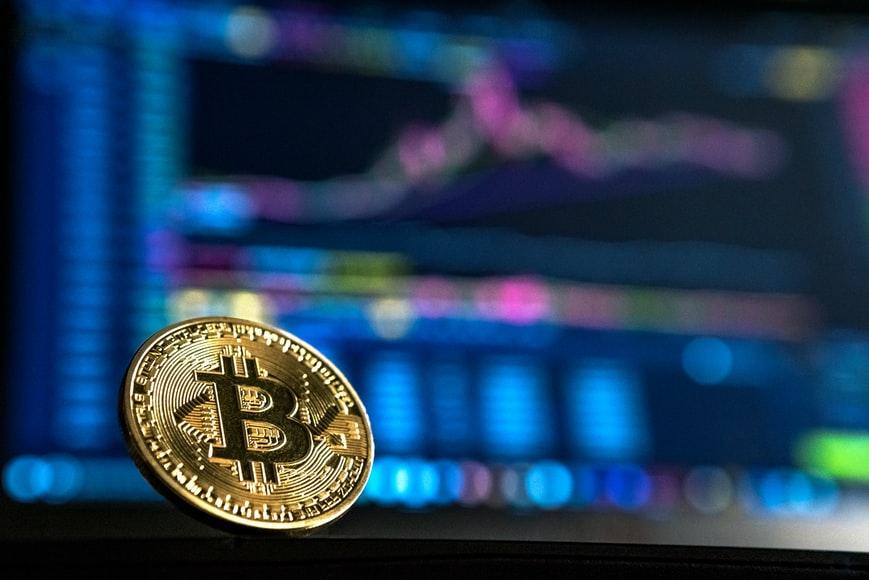In the last decade crypto has exploded and become the internet’s gold rush. Nowadays everyone wants a piece of the crypto pie. For the real tech guys, there’s mining for crypto coins like Bitcoin or Ethereum, but for the everyday man it is much easier to just buy and sell crypto on an exchange. However, it takes quite some time and doing your own research to find which cryptocurrencies you should invest in, and considering a crypto launchpad could be to your advantage.
Selecting a cryptocurrency exchange can be quite a daunting task as even back in 2019 there were already over 200 cryptocurrency exchanges. Each crypto exchange is battling it out to offer the best features and services to attract users.
Some are offering discounts and some are even following suit of consumer-facing businesses and offering call center IVR. What is call center IVR? It’s a way of efficiently routing callers to service agents.
But not all crypto exchanges are equal or the same, and choosing the right one for you comes down to your expectations and priorities. Are you willing to pay higher trading fees for a sophisticated trading platform or are costs your number one concern?
Let’s talk about what factors you should examine when choosing the right crypto exchange.
What is a Crypto Exchange?
First, we should define what a crypto exchange is.
In simple terms, a cryptocurrency exchange is an online marketplace where users can buy and sell cryptocurrency. There are two kinds of cryptocurrency exchanges; the spot exchange and the derivatives exchange.
The spot exchange is a market where users transact in fiat-to-crypto and crypto-to-crypto. In the spot exchange, crypto asset settlements are executed immediately, meaning cryptocurrencies are transferred directly between buyers and sellers.
The derivatives exchange is a market where users trade derivative products such as futures and options. Buying a derivatives contract means you do not own the underlying cryptocurrency, but instead, own a contract with an agreement to buy or sell a particular cryptocurrency at a predetermined price and a specified time in the future.
Most Important Factors to Examine When Choosing the Right Crypto Exchange

Now that we’ve defined what a cryptocurrency exchange is, we can look at what factors we need to examine when deciding which cryptocurrency exchange we want to use.
While the below 10 factors are things you should definitely consider, it’s important to understand that this is not an all encompassing list and it’s important to do your own due diligence.
1. Geographical Location and Restrictions
A major factor to consider when choosing cryptocurrency exchanges is the exchange’s geographic location and restrictions. Where the exchange is located affects the user’s cryptocurrency exchange experience and usage. The majority of cryptocurrency exchanges have a limited geographical scope of persons who they cater to.
This factor is important since there’s no point signing up for an exchange that you can’t legally trade on. So before you sign up for a crypto exchange, make sure that the exchange is accessible and legal. If you want crypto to stand as a business process example for your company, you want to ensure that everything is above board.
2. Volume and Liquidity
If you’re trading crypto, you will need liquidity so that you can make trades at any time without moving the market too much. This means an exchange must have a high enough volume of orders flowing through its order books on any given day.
A good indicator of a crypto exchange’s liquidity and ability to fulfill transactions at any time is a large trading volume. Liquidity is absolutely crucial for your ability to buy and sell cryptocurrency.
In order to have a large trading volume, an exchange must either have a large user base or have users who have a large amount of assets that they frequently trade.
3. Security and Anonymity

In the last few years, crypto exchanges have suffered some pretty infamous hacks and losses, such as the Mt. Gox hack. With these hacks and losses totaling billions, security is a top factor in choosing a crypto exchange.
Two security features you should look out for are two-factor authentication (2FA) and know-your-customer (KYC) verification.
Sometimes, having just a password can be a rather weak security measure. 2FA offers one more layer of security by requiring a second authentication method for things such as logging in or approving a transaction. For 2FA, SMS is not the most secure thanks to text messages that can be intercepted or accessed. Opt for other forms such as Google Authenticator which generates time-sensitive codes.
In order to comply with the law, many major crypto exchanges require users to “verify” their accounts by providing documentation and photographs to confirm their identity. This is known as know-your-customer (KYC) verification.
If you’d like to trade on a centralized exchange while remaining anonymous, look to see which exchanges allow the trade of cryptos without account verification. Anonymous trades are usually allowed only up to a very small amount.
4. Support
You should also consider an exchange’s interaction with customers. Do they offer good support to their users? Has the exchange been through all the types of testing, so there are no bugs?
5. Ease of Use
A crypto exchange is no use if you have no idea how to use it. If you’re a new investor, then an exchange that displays lots of charts and order books, or has a complicated interface, can be intimidating.
If you’re new and just looking to get started in crypto trading, then a more beginner-friendly exchange may be your best option. Some crypto exchange sites even allow users to choose between a “basic” or“advanced” layout.
Crypto exchanges that might be better for beginners are:
Crypto exchanges that might be better for experienced investors are:
6. Asset Choices

Another factor to consider is if the exchange has the crypto assets you want. There are thousands of different types of cryptocurrency on the market and no exchange could possibly accommodate trading for all of them.
Usually, the more popular and higher valued cryptocurrencies are more likely to be traded on popular exchanges. If you’re looking for more obscure, less-traded cryptocurrencies you might have to look at smaller exchanges.
7. Trading Fees
While there are no banks involved in crypto transactions, there are still trading fees. Trading fees on most or all transactions are how exchanges make their money.
Some exchanges have even created their own “exchange tokens”. The exchanges create these tokens and use them to give holders discounted trading fees. The tokens may be used to pay the trading fees instead of the cryptocurrency being traded.
8. Tech Infrastructure
Developers build “matching engines” with the aim of giving exchange users a smooth experience when placing orders for crypto. If an exchange has a high-quality matching engine then it will be able to match orders even during times of extreme volume and volatility. The developers are always improving the code of the exchange by improving their CI/CD pipeline.
A high-performance matching engine means that an exchange has the infrastructure to roll out new order types and trading pairs efficiently and at scale. This means that the crypto exchange offers a better, more reliable product for all users.
9. Leverage and Products

There are two types of exchanges: Spot exchanges and derivatives exchanges. And just as there is a difference between revenue operations and sales operations, there is a difference between these types of exchanges.
Most popular crypto exchanges are spot exchanges and these exchanges trade the actual cryptocurrency for fiat currency or other cryptocurrencies.
Some exchanges are derivatives exchanges. These types of exchanges trade derivatives of cryptocurrencies and not the actual coins themselves. These derivatives can come in the form of options or futures.
Futures are where investors agree to buy or sell an asset in the future at a set price. The actual asset, crypto, is never traded. Some investors have even begun to use artificial intelligence in sales and purchases of crypto.
10. Deposit and Withdrawal Limits
Even if you’re investing in crypto for the long-term, you’re probably going to want to make some withdrawals at some point. It is important to factor in that while most exchanges don’t have a minimum deposit, they do limit how much money you can withdraw or deposit in a given timeframe. So you may, for example, only be able to withdraw $10,000 of Ethereum per day.
If you are interested in moving large amounts of crypto and money, you may want to consider these limits.
The Wrap Up
The best crypto exchange for you is the one that can meet all your needs and which fits your requirements. When researching crypto exchanges to use, keep in mind the ten factors we talked about above.
One final tip we have is this; cryptocurrency exchanges should be used for trading and purchasing, not for storage. Once you’ve accumulated enough cryptocurrencies, you need to consider using an online or hardware wallet.

Disclaimer: The views expressed in this article are those of the author and may not reflect the views of the CryptoTotem team. This article is for informational purposes only and is not intended to be used as legal, tax, investment or financial advice. The author or the publication does not hold any responsibility, directly, or indirectly, for any damage or loss caused or alleged to be caused by or connected with the use of or reliance on any content, goods or services mentioned in this article. Readers should do their own research before taking any action on this matter.






